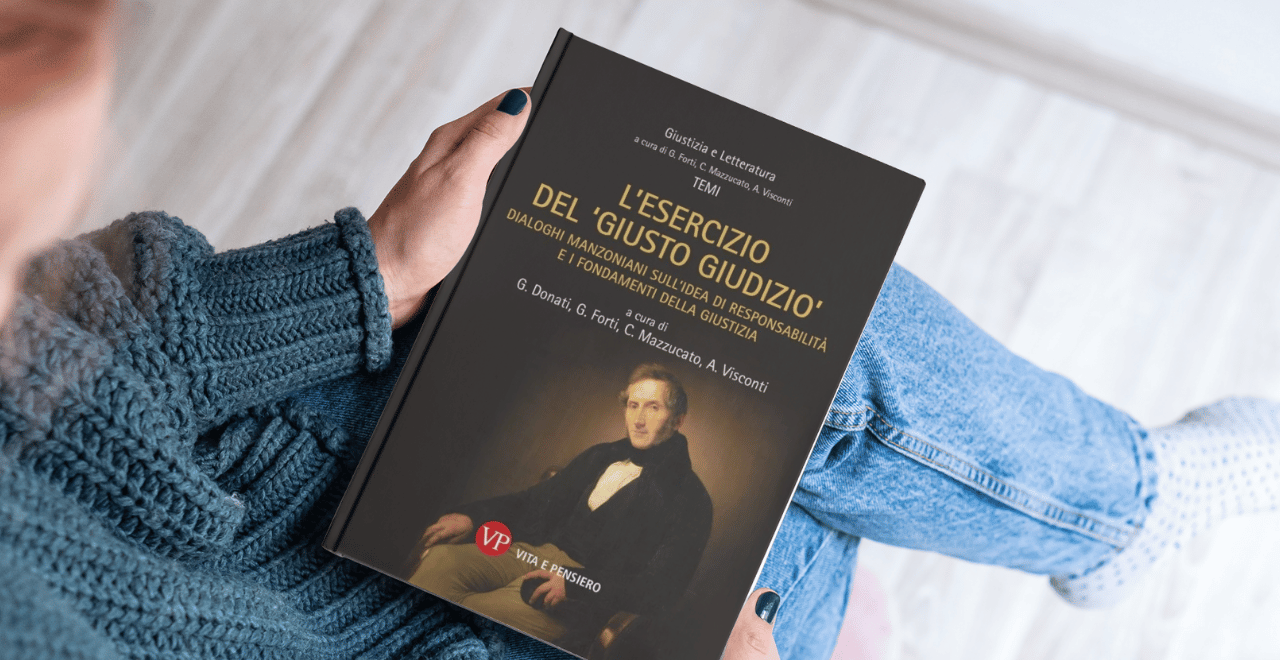Catellani, P. e Bertolotti, M. (2025). Giudizio, spiegazione, ‘bias’ e ‘debiasing’. In G. Donati, G. Forti, M. Mazzucato e A. Visconti (a cura di). L’esercizio del giusto giudizio. Vita e Pensiero, pp. 299-309.
What makes the exercise of judgment "right"? To what extent, how, and why can "judging" not be reduced to simple "explaining"? These are the questions that arise as soon as the topic of judgment is raised, especially in a socio-cultural, as well as legal-institutional, context in which we are witnessing, at all levels, a rage of summary judgments, whose deafening background noise seems to leave us bereft of true and, indeed, fair judgments. The literary works considered in this volume offer glimpses of answers to these age-old questions of humanity. La storia della colonna infame (The History of the Infamous Column), which is the place of judgment and judgment on judgment, but also I promessi sposi (The Betrothed), where judgment is more exquisitely narrative, lay the foundations for exploring, with Alessandro Manzoni, the ethical dimension of life and the delicate balance between judgment and understanding. This question recurs in the dialogue with Leonardo Sciascia and Primo Levi, but also with many other authors and thinkers, and is brought up to date, for example, in the heated critical discussion with the tendency, an expression of a growing "punitive anxiety", to resent the time and constraints of the criminal proceedings themselves, in favor of the much faster and more emotional "media judgment".
Combining theoretical expertise and practical sensitivity, legal experience and philosophical, sociological, psychological, and criminological perspectives, the book encourages readers, especially those interested in the level of legal civilization (and, therefore, civilization tout court) of the society in which they live, to unravel the intertwining of responsibility, judgment, reparation, and punishment, “all categories that evoke situations of suffering.” The answer to the disturbing question “But how can we respond differently?” lies in taking on a “small piece of society's cross,” opening oneself to an idea of justice as listening and attention.
Find out more (ITA)

